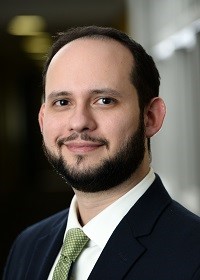Outer space probes, radio telescopes, large particle accelerators, genomic platforms, and similar entities are fascinating focal points of intellectual curiosity and discovery. While we marvel at what we learn from them, we can be taken aback by their costs. The $150 billion cost for the International Space Station has been shared by taxpayers in the United States, Europe, Russia, Japan, and Canada. The Large Hadron Collider near Geneva, Switzerland that enabled the 2012 discovery of the elusive Higgs Boson is estimated to cost about 13.5 billion Euros over the 1993-2025 period for taxpayers in the participating countries. According to a recent article in The Economist, proposals are being made to build new infrastructures: A Future Circular Collider in Switzerland, an International Linear Collider in Japan, and a Circular Electron-Position Collider in China. Such are the topic of Massimo Florio’s book, Investing in Science: Social Cost-Benefit Analysis of Research Infrastructures. In it, he demonstrates that benefit-cost analysis (BCA) can be useful in answering the question: Are these costly research infrastructures worth it? He draws upon his substantial experience to adapt the traditional framework to the specific characteristics of research infrastructure (RI). He identifies elements common to RIs, describes how they can be measured and valued, and gives examples from work that he and others have done. This pioneering book fills a gap in that such large-scale investments in science only infrequently have been evaluated using BCA.






 Applying benefit-cost analysis to homeland security regulations and related applications is difficult, in part due to issues in measuring security or risk avoided (Roberts, 2019; Farrow and Shapiro, 2009). The
Applying benefit-cost analysis to homeland security regulations and related applications is difficult, in part due to issues in measuring security or risk avoided (Roberts, 2019; Farrow and Shapiro, 2009). The 
 The
The 